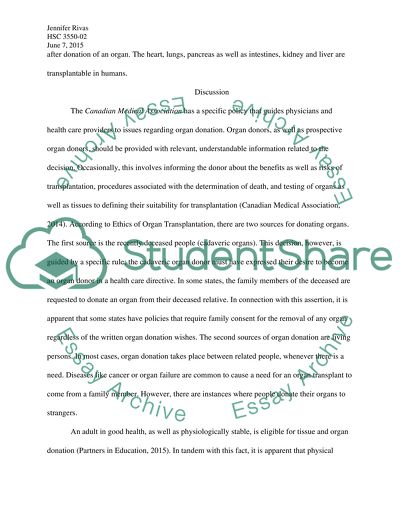Cite this document
(“Transplant Essay Example | Topics and Well Written Essays - 1250 words”, n.d.)
Transplant Essay Example | Topics and Well Written Essays - 1250 words. Retrieved from https://studentshare.org/health-sciences-medicine/1697395-transplant
Transplant Essay Example | Topics and Well Written Essays - 1250 words. Retrieved from https://studentshare.org/health-sciences-medicine/1697395-transplant
(Transplant Essay Example | Topics and Well Written Essays - 1250 Words)
Transplant Essay Example | Topics and Well Written Essays - 1250 Words. https://studentshare.org/health-sciences-medicine/1697395-transplant.
Transplant Essay Example | Topics and Well Written Essays - 1250 Words. https://studentshare.org/health-sciences-medicine/1697395-transplant.
“Transplant Essay Example | Topics and Well Written Essays - 1250 Words”, n.d. https://studentshare.org/health-sciences-medicine/1697395-transplant.


